COMMENT: Africa must show it is wiser
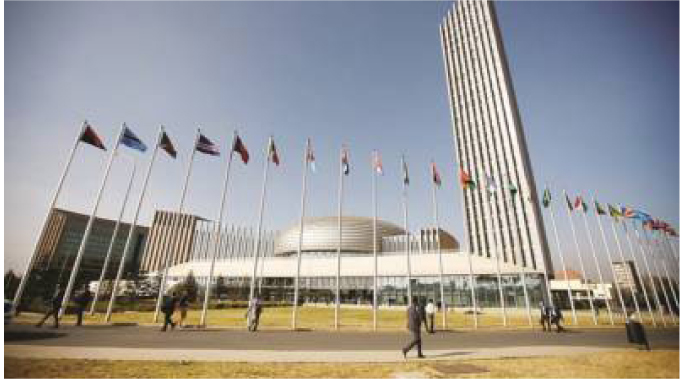
Sixty is a milestone. It represents experience, wisdom, completeness, agelessness and growth.
The African Union (AU) is, or must be, all the foregoing after it turned 60 yesterday. Established as the Organisation of African Unity (OAU) on May 25, 1963 to mobilise the continent, as well as like-minded forces globally, against colonialism and apartheid, it became the AU on July 9, 2002, eight years after South Africa had gained independence from apartheid.
From the occasion of its diamond jubilee yesterday into the future, Africa must show it is wiser, more experienced, more complete and therefore, geared for social, economic and political growth.
We want an Africa that appreciates its history and the role that its founders – Julius Nyerere (Tanzania), Haile Selassie (Ethiopia), Gamal Abdel Nassar (Egypt), Kwame Nkrumah (Ghana) and Sekou Touré (Guinea) and others — played in fighting for political freedom.
With that goal having been achieved, the new leadership and their people must intensify strategies to grow socio-economically while promoting peace in a manner that demonstrates that the continent has matured over the past 60 years.
This year’s slogan, “Our Africa Our Future,” as set by the AU secretariat emphasises the need for Africans to take pride in their continent as they stride into the future.
In a release to mark the day, the AU Commission said the celebration is an opportunity to recognise the role and contribution of the founders of the continental organisation and many other Africans on the continent and in the diaspora who have contributed greatly to the political liberation of the continent, and equally, to the socio-economic emancipation of Africa.
“It is an opportunity to share the information, knowledge and best practices of the past and to encourage each other to take on the vision of the AU, as well as to drive the realisation of the ‘Africa We Want,’ under Agenda 2063. It is also an opportune moment for the AU to reflect on the spirit of Pan-Africanism, which connects the past to the present and to the continent’s aspirations for the future.”
A wiser, more complete continent geared for growth must have a sound, more competitive economy that satisfies the needs of its people. It must grow from the basic economic structure of dependence on cheap commodity exports to producing and exporting finished goods that are more valuable.
We want an Africa which trades more within itself than with its former colonisers. The 14 percent portion of goods and services traded within the continent, according to the UN Conference on Trade and Development, is too small for a region founded on much solidarity and commonality of its peoples.
We are however, hopeful that the African Continental Free Trade Area (AfCFTA) will be instrumental in scaling intra-Africa trade up. The AfCFTA envisages a continent which is more interconnected infrastructurally, where citizens can move freely across borders and where high quality domestic and foreign investment compete for space. As African economies move up the value chain, trade more internally and rely more on modern technologies, the poverty that, most regrettably, has become an African descriptor will be a thing of the past.
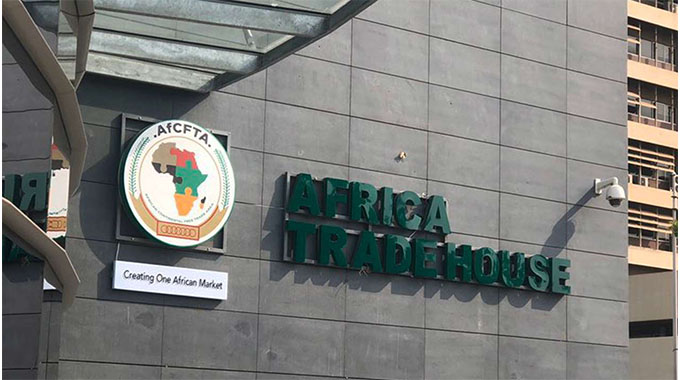
AfCFTA(African Continental Free Trade Area)
But for the socio-economic growth we aspire for to be a reality, Africa must be peaceful. Eastern Democratic Republic of Congo (DRC), Somalia, Sudan, South Sudan, Mali, Libya and northern Mozambique must be stable. We note that instability in nations like Mali, DRC, Somalia and the Sudans is caused by the same forces that Nkrumah, Touré, Nyerere and Nassar defeated. Africans must reject those forces and refuse to be used against each other.
As we move beyond 60, the Africa we want is one that has matured, grown wiser and more complete. We want an Africa that stands tall on the world stage as a more economically developed, richer and stable bloc. We want an Africa where the solidarity that won its political independence brings it sustainable economic development.


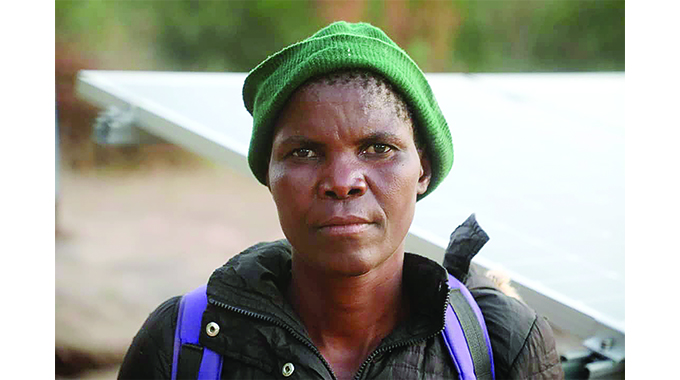

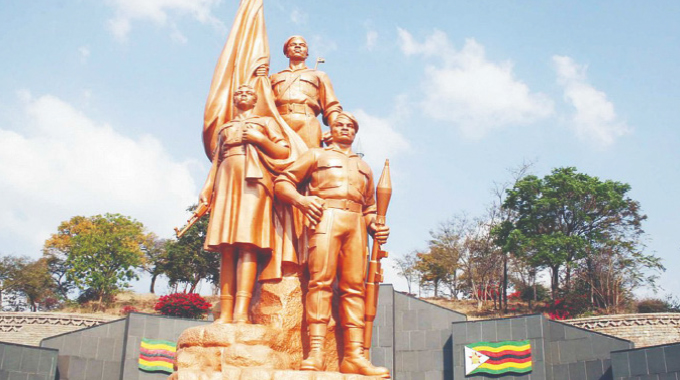
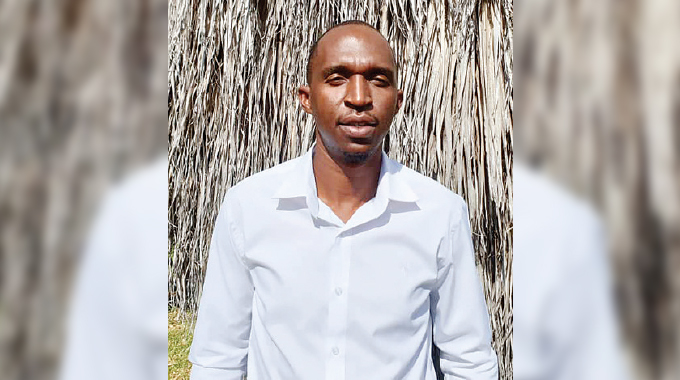






Comments